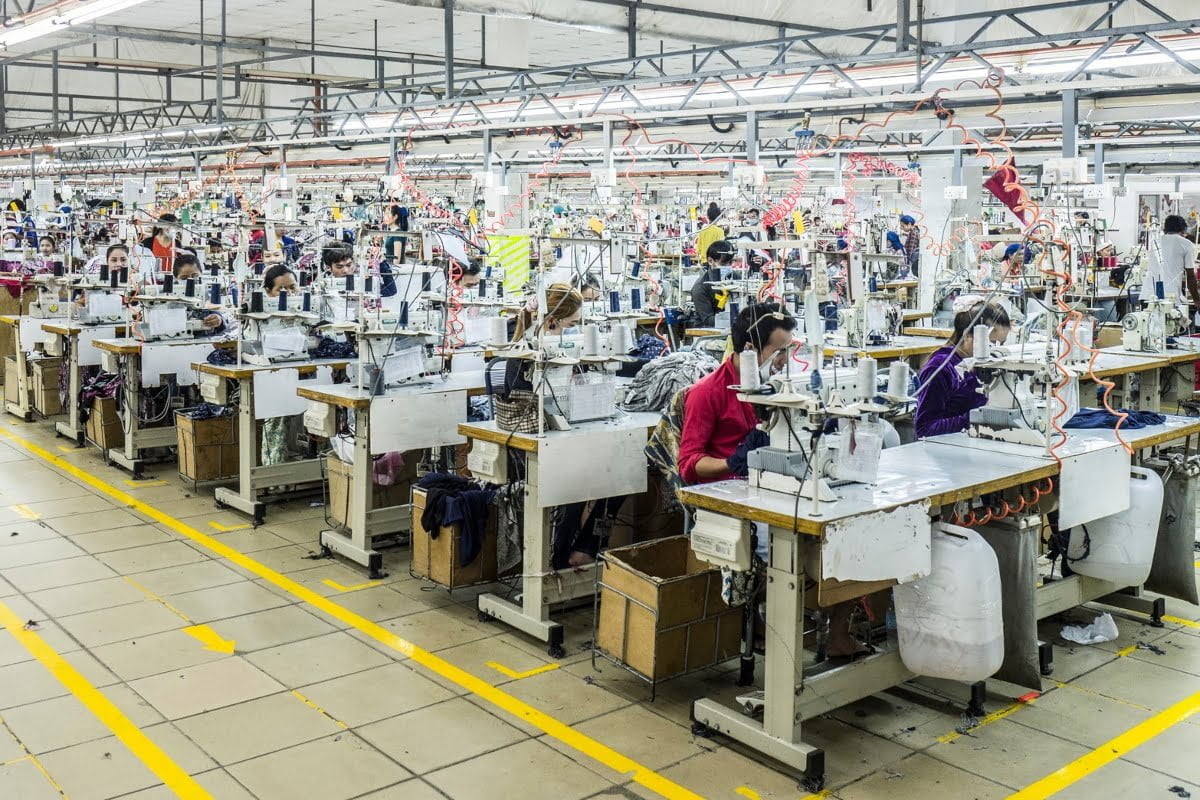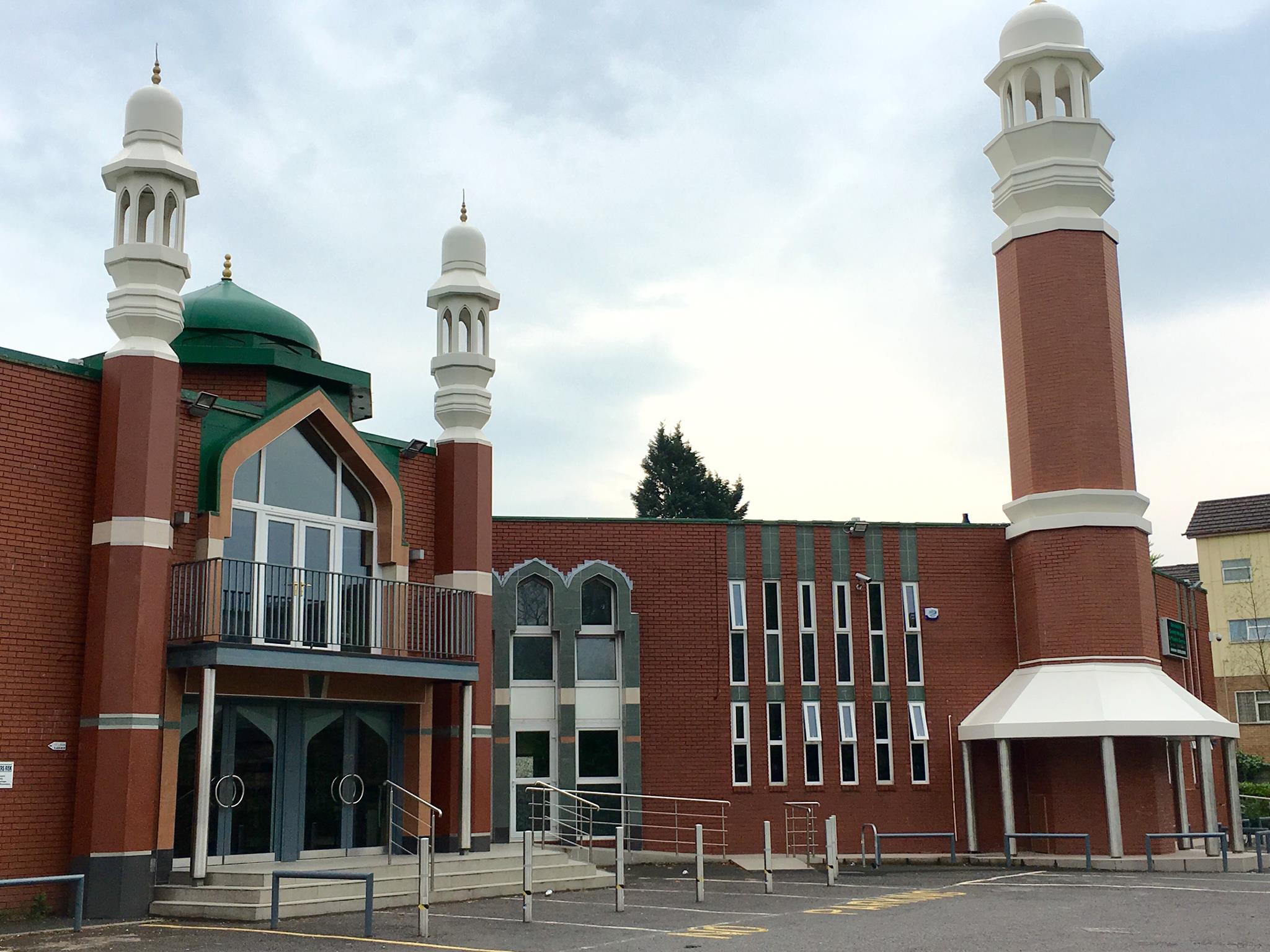The recent local lockdown in Leicester has shone a light on the barbaric working conditions experienced by garment workers in the city. Boycotts and policing are no solution. Instead, the labour movement must organise.
Horror stories about Leicester’s garment factories made worldwide headlines as the city went back into lockdown recently. The high number of COVID-19 infections in the city has forced a light onto Leicester’s so-called ‘dark factories’.
They are known in the industry as ‘dark factories’ as they operate completely outside the law. This includes paying less than the minimum wage (£3 to £5 an hour is typical) and subjecting workers to unsafe working conditions.
Many small factory owners in Leicester have been forcing their non-essential workers to work during the lockdown. Some have seized the opportunity to avoid paying wages entirely whilst production continues, by committing ‘furlough fraud’. In the process they are risking the lives of the workers, and spreading the virus throughout the city.
Companies making millions from Leicester’s ‘dark factories’ allegedly included the likes of Boohoo, according to a (disputed) Sunday Times investigation.
As a result of the media attention, Boohoo’s share price plunged. Presumably investors are anxious that the possibility of making super-profits from exploiting Leicester’s garment workers might soon come to an end.
Blind eye
Outrageously, health secretary Matt Hancock recently said that “there are clearly some problems that have been under the radar in Leicester that need action.” Yet the ruthless practices of Leicester’s dark factories have been widely publicised for years, including reports in the Financial Times, Channel 4 and even here in Socialist Appeal.
Back in 2018, we spoke to Kanta Mistry who had worked in Leicester’s textile factories for over 40 years. She explained how Leicester’s textile industry in the 1970s and 1980s was booming with a high demand for labour.
However, with the move to outsourcing production to poorer countries, the industry rapidly degenerated. In order to maintain profitability, working conditions were slashed. Kanta Mistry unfortunately experienced this process first-hand.
We have since spoken to her again about her experiences:
“The worst place I worked at was MG Knitwear where I finished two years ago – they were terrible. I worked there for three years and we made sweaters for cash and carry shops, not big stores.
“There was a radio but nobody played it, no windows, and we were all in a cramped room. They didn’t pay the minimum wage. We got paid only 25 pence per sweater. That’s a whole sweater and that’s nothing isn’t it! We had to work really hard.
“Some women I worked with had red eyes and pushed themselves too much. And they [the managers] would push you hard, especially if there was an order. Even though they don’t pay the minimum wage, on the payslip they put that they do. They just want the cheap labour!
“People did come to check for the minimum wage, but he [the manger] was a very clever man and they would only show that we work only 16 or 17 hours a week. So they can’t do anything. But I had done at least 30.
“Immigration people also come too. They caught people in other factories where they pay people only £3 and then they threw them [the workers] out. Everybody knows this is happening.”
Boycotts or extra policing?
In response to this, many have called for boycotts of the industry, with Boohoo as one of the main targets. Shoppers are understandably outraged at the disgraceful working practices found in Leicester.
Others have called for more policing of the industry. Police did subsequently visit some of these factories, following the public outrage. However, they arrested a worker – not the criminal factory owners who treat their workers like animals and who have spread the virus across Leicester leading to countless deaths!
The Police turned up to the garment factories in Leicester and arrested a worker – not the factories which forced Leicester into Lockdown & killed people spreading the virus! The role of the police isn’t to protect workers but profits. #leicesterlockdownhttps://t.co/NdoZ8WvWF3
— Rav Mistri (@RaVz94) July 4, 2020
But as the arrested worker and people like Kanta Mistry show, appeals to the police have not helped these workers. That is because the police and the law, under capitalism, ultimately exist to protect the interests of the ruling class – that is, the profits and property of the bosses.
Whilst the intention of such boycotts is well meaning, they are just as likely to leave these workers jobless. These boycotts completely dismiss the workers’ own strength – that of their ability to withhold their labour. This is an enormous power when organised.
Individual groups and workers’ organisations such as Labour Behind the Label have done laudable work in raising this issue. But it must be the task of the whole labour movement to fight against such barbaric practices.
Organise!
We can have no trust in the Tory government, which has spent the last decade in power protecting the interests of the bosses, whilst implementing racist immigration policies and rhetoric. Nor can we trust the institutions of the state, such as the police, who have only served to criminalise these workers.
The labour movement must organise a fightback against these policies. The full resources of the trade unions must be put into actively organising these workers, as part of a struggle for decent living conditions for all.
Tied to this, a campaign must be waged against the false idea that migrant workers cause low pay, or are to blame for any of the ills of society. In reality, it is the bosses’ system that is entirely at fault.
An injury to one is an injury to all.






